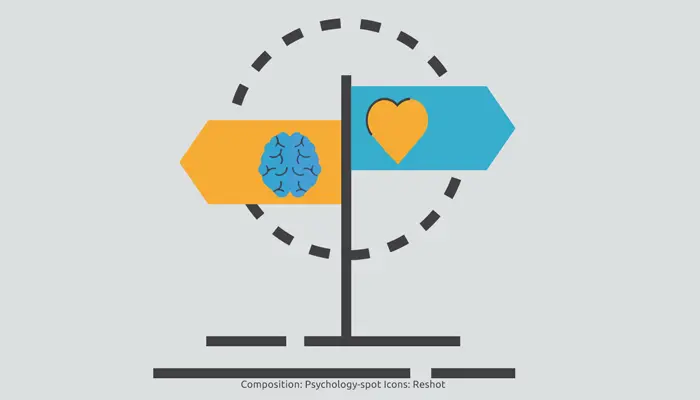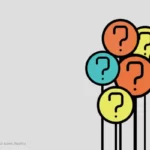
Did you know that every day we take an average of 35,000 decisions? 99.74% of those decisions, however, are taken by our unconscious, so that we do not even realize that we are making a decision. However, the remaining 0.26%, of the decisions on which we reflect, are more than enough to cause headaches, stress and anguish.
When we must consciously choose between different options, we do not want to make a mistake, we want to make the right decision. But that concern for the “right” makes decision making a stressful process and increases the chances that we feel unhappy after making the decision, whatever it is. In practice, the more we worry about making the right decision, the less correct we will seem what we have decided and the more dissatisfied we will feel.
How do you make decisions? You focus on the evaluation or the action
A study recently conducted at Columbia University analyzed the stress generated by decision-making. Psychologists discovered that making decisions is only stressful when we are too preoccupied with making the right decision. Although the most curious thing is that some people are more likely to develop that kind of concern.
The researchers presented the participants with a series of tasks in which they had to make a decision, such as buying a Christmas gift for a friend and determining the order of priority of five daily tasks. They were also asked to remember how they had made the most important decisions in planning their wedding or how they decided who to vote for in the elections. They were then asked to indicate how they had felt during the decision-making process and how satisfied they felt with the decisions they had made.
Thus they discovered that each person follows a different path to make decisions, although in a general sense they discovered two great decisional styles.
– Decision-making oriented towards evaluation. This decision style refers to people who worry too much about choosing what they think is “right”. These people make their decisions based on a thorough evaluation process, to the point that they are often obsessed with finding the “absolute truth” and doing things the “right way”. In fact, if you have ever found yourself at a crossroads and have thought that “you would prefer to be right than happy”, you are likely to fall victim of this decisional style. The researchers found that people who follow this decisional style tend to be more stressed, consider that making decisions is complicated and feel more dissatisfied with their decision.
– Decision-making oriented to action. This decisional style is based on movement and change. These people make quickly their decisions and act accordingly. They do not remain stuck in the mental process but make a decision and explore that path, being aware that if it does not work, they can choose another one. While people who focus on evaluation are so concerned about choosing properly that they remain paralyzed, those who are oriented to action are already halfway there.
What decisional style is better?
Researchers say that when it comes to everyday decisions, such as choosing a meal or a T-shirt, it is more convenient to focus on the action as this is the faster way and we are more likely to feel satisfied with our decision as we do not think too much about it.
Decision-making based on evaluation should be limited to those decisions that involve a high risk, such as a financial investment or those that alter the course of our lives. However, we must be careful not to get stuck in the evaluation phase because the inclination to an evaluative decision-making style will make us more prone to distress and stress in decision-making.
Weighing so many options, worrying too much to make the “right” decision causes a great mental and emotional wear, and can leave us paralyzed in the decision process, so that life or the others will decide in our place. Thinking too much about the issue generates what is known as overthinking, and does not guarantee that we will make the “best” decision, simply because there is no such a thing.
In fact, those who think too much before making the decision, often get stuck thinking about the rejected options, and that becomes a source of dissatisfaction and unhappiness. How to avoid it?
- Assume that there is no a right, perfect or ideal decision. In life we have to make decisions with a high level of uncertainty and with the scarce information we have. If you make a mistake or find out that it is not what you wanted, just learn the lesson and redirect your course. Assume that there are no mistakes but life lessons. Remember the words of Phil McGraw: “Sometimes you make the right decision, sometimes you make the decision right”.
- Trust more your instinct. If 99.74% of daily decisions are made by our unconscious, perhaps we should trust a little more our instinct, or in what is known as Intuitive Intelligence. That does not mean that you should not weigh the pros and cons, but you should also listen to your inner voice and take action.
Sources:
Chen, C. Y. et. Al. (2018) Feeling Distressed From Making Decisions: Assessors’ Need to Be Right. Journal of Personality and Social Psychology; 115(4), 743-761. Moseley, H. (2017) New research highlights the unlocked potential of the human brain. Lightspeed Research & Huawei.



